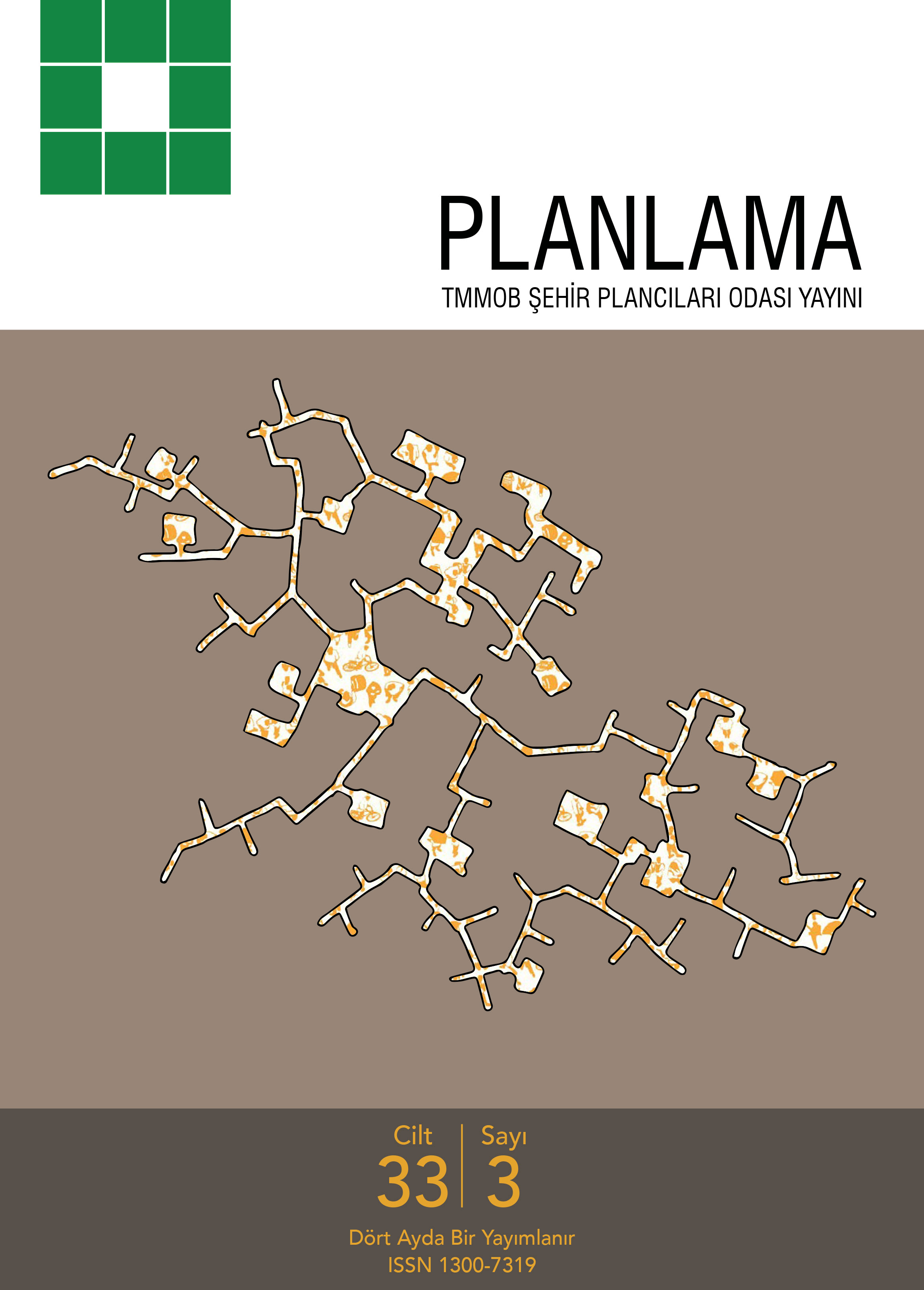Kent ve Kadın: Bir Beden Pratiği Olarak Mekâna "Açılmak" ve "Kapanmak"
Selda Tunç SubaşiAnkara Üniversitesi Sosyal Bilimler Enstitüsü, AnkaraBu çalışma, Rize merkez ilçede 2018 yılında tamamlanan üniversite öğrenci kültürü üzerine yürütülen etnografik çalışmanın bulgu-larına dayanmaktadır. Çalışmada, 35 kadın ve 22 erkek öğrenci ile derinlemesine görüşmeler gerçekleştirilmiştir. Üniversite, kentin merkezinde olan fiziksel konumunun yanında ekonomik, sosyal ve kültürel olarak öğrencilerin varlığı ile yeniden şekillenmektedir. Kentin merkezindeki yerel eşraf ile farklı bir kültürel atmosfer-den kopup gelmiş öğrenci, farklı karşılaşma pratikleri ve hissiyatlar yaşamaktadır. Çalışmanın temel sorunsalı, kadın öğrencilerin kültürel hegemonya mücadelelerine kıyafetler üzerinden nasıl ek-lemlenmekte olduğu ve kentin ortak duyusunu hangi biçimlerde temsil ettikleri üzerinedir. Kadın öğrencilerin kampüs çevresinde etkileşerek giyim kuşam gündeliğini yeniden ürettikleri görülmektedir. Kadın öğrencilerin giyimi üzerinden gerçekleşen ahlak ve biz vurgusu ise bedendeki başörtüsü, ferace gibi sembollerle biçimlenerek eril bakışta kazanılan bir onay mekanizmasına dönüşmektedir. Böylelikle kent içindeki kamusal alanlarda kadın öğrencilerin hareketliliği artarken diğer yandan kontrol ve denetim süreçleri kadın bedenindeki çelişkileri görünür hale getirir. Kadın öğrenciler, bedenlerini örtünme pratikleri üzerinden açık ve kapalı olmak üzere ikiye ayırarak tanımlamaktadır. Bu çalışmada bedenin ikiye bölünmüş tanımlarının eril bakış ve mekandaki etkileşimlerle yeniden üretildiği ortaya çıkmıştır. Beden üzerindeki hegemonya mücadeleleri, kültürel yapılardan, bireyin moda ve tü-ketimle olan ilişkisine kadar genişleyen bir örüntüde değerlendirilmelidir. Ancak bu sayede, mekân ve beden arasındaki kesişimler daha da net bir görüntü sergileyebilir.
Anahtar Kelimeler: Açıklık/kapalılık, kadın; kültürel hegemonya; mekân; ortakduyu.City and the Woman: Opening and closing to the Space as a Body practice
Selda Tunç SubaşiAnkara University Graduate School of Social Sciences, Ankara, TurkeyThis study is based on the findings of an etnographic study, completed in 2018, on the university student culture in Rize central district. In-depth interviews were conducted with 35 female and 22 male students. The university is reshaped by the presence of students in economic, social and cultural terms as well as its physical location in the center of the city. The student, who has come from a different cultural atmosphere, experiences different en-counter practices and feelings with the local notables in the city center. The main problematic of the study is how female students are articulated to cultural hegemony struggles through clothing and in which ways they represent the common sense of the city. It is observed that female students interact with the campus and re-produce everyday rituals of clothing. The emphasis on morality and us realized through the clothing of female students shaped by headscarf and ferace is transformed into a mechanism of approval by masculine gaze. Thus, while the mobility of the female students increases in the public spaces of the city, control and surveillance mechanisms make the contradictions in the female body visible. Female students, referring to the headscarf, descibe their bodies by dividing them into categories such as open and closed. The study reveals that the definitions of the body as it is divided into two categories are reproduced through the interactions of masculine gaze and space. Struggles for hegemony over the body should be analyzed in a pattern ranging from cultural structures to the individuals relationship to the fashion and consumption. It is only in this way that the intersections between space and body can be displayed more clearly.
Keywords: Open/closed, woman; cultural hegemony; space; common-sense.Sorumlu Yazar: Selda Tunç Subaşi, Türkiye
Makale Dili: Türkçe












